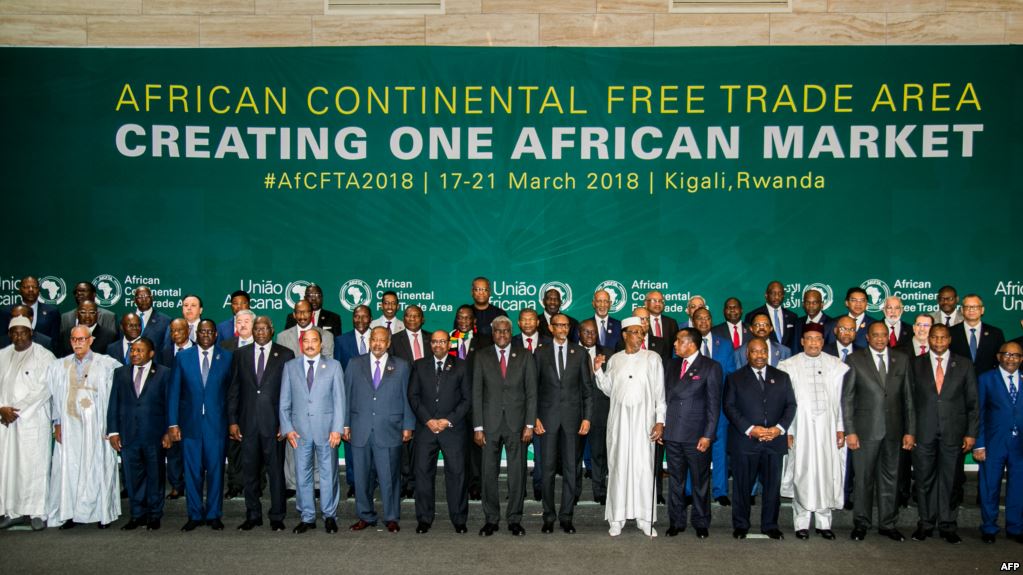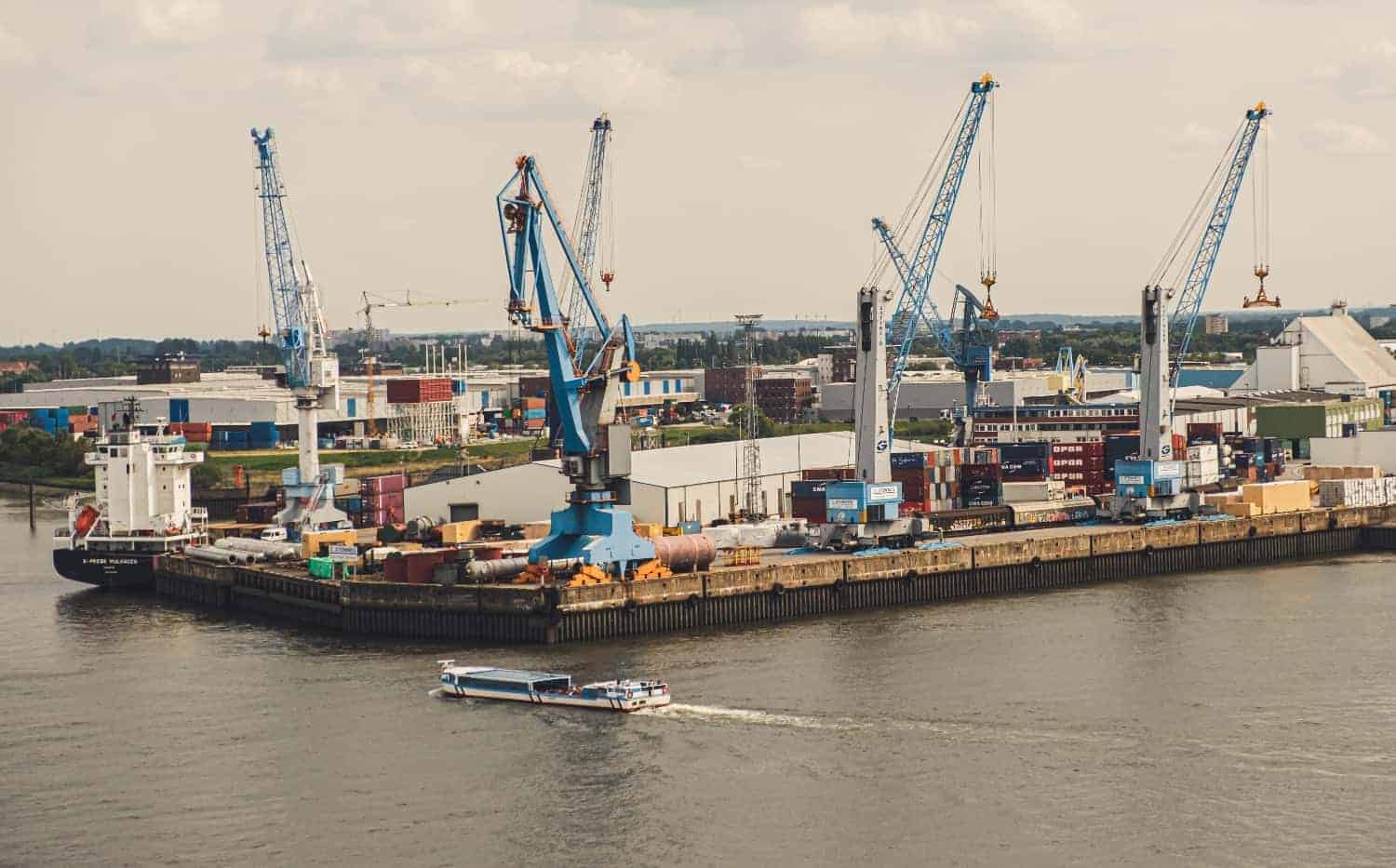Africa’s free trade agreement, the African Continental Free Trade Area (AfCFTA), promises to transform the continent’s economy and create a more prosperous future for its people. One of the key aspects of the agreement is its potential to boost trade between African countries, which could lead to increased demand for port facilities.

Image: businessfocus.co.ug
Unlocking Africa’s Economic Potential
The AfCFTA was signed in 2018 and came into effect in 2019. It aims to create a single market of 1.3 billion people, with a combined GDP of $3.4 trillion. By reducing barriers to trade, the agreement is expected to boost intra-African trade by 52.3% by 2022. This growth in trade will require the development of efficient and modern port infrastructure to accommodate the increased volume of goods being transported.
Strategic Investment in Ports
Recognizing the importance of port infrastructure, African governments are prioritizing investments in this sector. In 2021, Egypt announced plans to invest $1.5 billion in expanding and developing its ports. Morocco is also investing heavily in its ports, with an estimated $1 billion allocated for the expansion of the Port of Tangier Med. Other countries, such as Ghana, Senegal, and Côte d’Ivoire, are also pursuing major port development projects.
Improving Connectivity and Efficiency
The development of modern port infrastructure will not only facilitate increased trade but will also improve connectivity and efficiency within Africa. By creating deep-water ports capable of handling larger vessels, African countries can reduce shipping costs and transit times. This will make it easier for businesses to export their products to international markets and attract foreign investment.
Furthermore, the AfCFTA encourages the development of regional transport corridors that connect landlocked countries to ports. This will improve intra-African trade and create new opportunities for economic development in remote areas.

Image: www.saffarazzi.com
Unlocking Opportunities for Local Businesses
The development of port infrastructure will also create new opportunities for local businesses. The construction and operation of ports require a wide range of services, from logistics and transportation to cargo handling and warehouse management. This creates jobs and stimulates economic growth in the local communities around ports.
FAQs About the AfCFTA and Port Development
Q: What is the AfCFTA?
A: The African Continental Free Trade Area (AfCFTA) is an agreement that aims to create a single market of 1.3 billion people and a combined GDP of $3.4 trillion.
Q: How will the AfCFTA benefit port development in Africa?
A: The AfCFTA is expected to boost intra-African trade, which will increase demand for port facilities. This will lead to investments in the development of efficient and modern port infrastructure across the continent.
Q: What are the key benefits of investing in port infrastructure?
A: Investing in port infrastructure improves connectivity and efficiency within Africa, reduces shipping costs and transit times, and creates new opportunities for local businesses.
Africa Free Trade Deal Could Spur Port Development
Conclusion
The AfCFTA presents a unique opportunity to transform Africa’s economy and improve the lives of its people. By unlocking the potential of the continent’s ports, the agreement will facilitate increased trade, attract foreign investment, create jobs, and stimulate economic growth. As Africa continues to develop, the strategic development of its port infrastructure will play a vital role in unlocking its full potential.
Are you interested in learning more about the AfCFTA and its potential impact on port development in Africa? Share your thoughts and insights in the comments below, and let’s continue the conversation about this exciting initiative.






